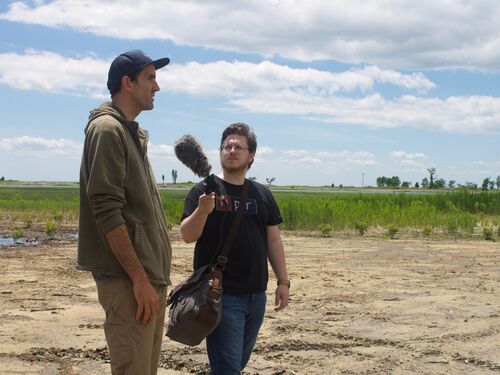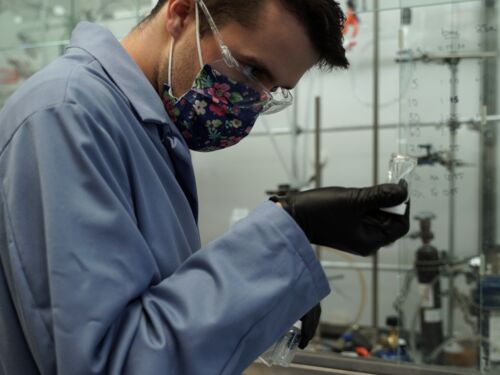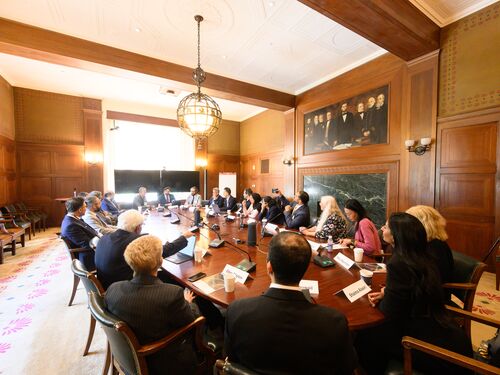WHO Panel Recommends Global Standards for Oversight and Governance of Human Genome Editing
Feature Story
By Megan Lowry
Last update July 13, 2021
A World Health Organization (WHO) expert advisory panel released two companion reports yesterday providing recommendations to the global scientific community on the use of human genome editing, emphasizing that it should be used as a tool for public health, with equitable and global access to the potential benefits of gene editing research.
The panel was informed in part by a 2020 report on heritable human genome editing — genome edits that could be passed down to future generations — written by an international commission under the auspices of the U.S. National Academy of Medicine, U.S. National Academy of Sciences, and the U.K.’s Royal Society. The international commission’s report clearly states that human embryos whose genomes have been edited should not be used to create a pregnancy until it is established that precise genomic changes can be made reliably without introducing undesired changes — a criterion that has not yet been met by any genome editing technology. The commission also emphasized that if heritable human genome editing were ever deemed permissible, initial uses should be limited to the prevention of serious monogenic diseases, for example cystic fibrosis or thalassemia.
The WHO panel that wrote the new companion reports was tasked with recommending governance mechanisms that could maximize the positive impact of genome editing while minimizing its potential harms. The panel was co-chaired by Margaret Hamburg, former commissioner of the U.S. Food and Drug Administration and former foreign secretary, U.S. National Academy of Medicine, and Justice Edwin Cameron, inspecting judge of correctional services, South Africa.
The panel’s reports say international collaboration is key for effective governance, and call for establishing an international registry to track genome editing experiments, developing a method for confidential reporting about illegal or unethical research, and creating a new WHO policy to ensure human gene editing research only takes place in jurisdictions with domestic policies and oversight, among other measures. The reports also call on the WHO’s science division to review these recommendations and provide an update on their progress within three years.
“We welcome the WHO’s reports as another important step forward in addressing the critical governance and ethical concerns raised by human genome editing,” said Marcia McNutt, president of the U.S. National Academy of Sciences, and Victor Dzau, president of the U.S. National Academy of Medicine. “These reports are another building block in the global dialogue that policymakers and scientific, medical, and bioethical communities — as well as the wider public — need to continue to have for this breakthrough technology to advance and be used in a responsible manner for the benefit of all of society. We look forward to continuing this indispensable conversation at the third international summit on human genome editing next year.”
The Third International Summit on Human Genome Editing, to be hosted by the Royal Society, will be held next March at the Francis Crick Institute in London.
Read the international commission’s report on heritable human genome editing.
Read more about the Third International Summit on Human Genome Editing.
Learn more about answers to everyday science questions on the National Academies’ Based on Science website, now available in Spanish.
More like this
Discover
Events
Right Now & Next Up
Stay in the loop with can’t-miss sessions, live events, and activities happening over the next two days.
NAS Building Guided Tours Available!
Participate in a one-hour guided tour of the historic National Academy of Sciences building, highlighting its distinctive architecture, renowned artwork, and the intersection of art, science, and culture.



